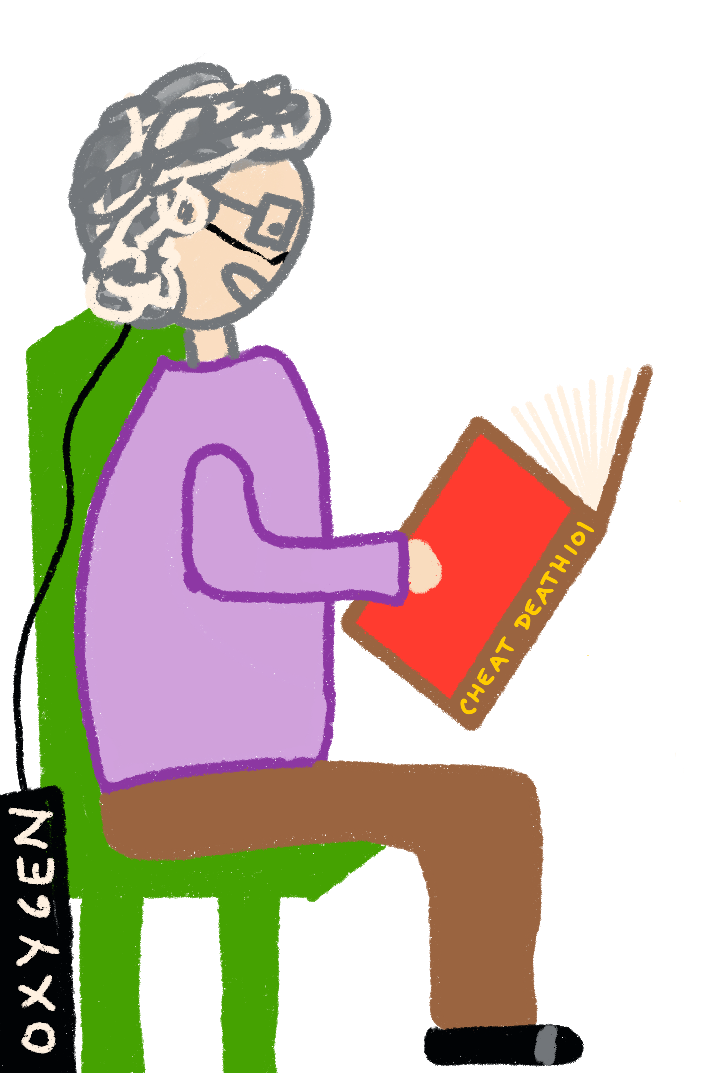SH*T YOU NEED TO TALK ABOUT NOW
DEATH OVER DINNER
death over dinner (site)
“How we want to die – represents the most important and costly conversation America isn’t having. We have gathered dozens of medical and wellness leaders to cast an unflinching eye at end of life, and we have created an uplifting interactive adventure that transforms this seemingly difficult conversation into one of deep engagement, insight and empowerment. We invite you to gather friends and family and fill a table.”
atlantic monthly: discussion death over dinner (article)
“A nonprofit is experimenting with shared meals where participants are asked to grapple with their own mortality.”
life matters media: death over dinner visionary talks life, death, and starting a revolution of love at the dinner table (article)
BEING MORTAL
being mortal (book)
“Medicine has triumphed in modern times, transforming the dangers of childbirth, injury, and disease from harrowing to manageable. But when it comes to the inescapable realities of aging and death, what medicine can do often runs counter to what it should. Through eye-opening research and gripping stories of his own patients and family, Gawande reveals the suffering this dynamic has produced.”
new york times: atul gawande’s being mortal (book review)
“The surgeon in the story is the father of Atul Gawande, who is also a surgeon as well as a writer for The New Yorker. His new book, ‘Being Mortal,’ is a personal meditation on how we can better live with age-related frailty, serious illness and approaching death.”
THE CONVERSATION PROJECT
the conversation project (site)
“The Conversation Project® is a public engagement initiative with a goal that is both simple and transformative: to have every person’s wishes for end-of-life care expressed and respected. Too many people die in a manner they would not choose, and too many of their loved ones are left feeling bereaved, guilty, and uncertain. It’s time to transform our culture so we shift from not talking about dying to talking about it. It’s time to share the way we want to live at the end of our lives. And it’s time to communicate about the kind of care we want and don’t want for ourselves.”
the conversation project: starter kits (resource)
“The Conversation Starter Kit is a useful tool to help you have the conversation with a family member, friend, or other loved one about your – or their – wishes regarding end-of-life care. It is available in several languages. All of the Starter Kits are available to download and print for free.”
the conversation project: cofounder ellen goodman (bio)
“The last thing my mom would have wanted was to force me into such bewildering, painful uncertainty about her life and death. I realized only after her death how much easier it would have all been if I heard her voice in my ear as these decisions had to be made. If only we had talked about it. And so I never want to leave the people I love that uneasy and bewildered about my own wishes. It’s time for us to talk.”
LET’S TALK ABOUT DEATH, BABY
the inspired funeral (site)
“Wisdom for all phases of the end of life, plus an obituary platform, and funeral ceremony templates to download.”
alua arthur: going with grace (site)
“To relieve the burden created without proper end of life support, Going with Grace exists to support people as they answer the question “What must I do to be at peace with myself so that I may die gracefully?” and to support family members in completing the affairs of their loved one’s life after a death.”
Hidden brain: the ventilator (npr)
“Many of us believe we know how we’d choose to die. We have a sense of how we’d respond to a diagnosis of an incurable illness. This week, we have the story of one family’s decades-long conversation about dying. What they found is that the people we are when death is far in the distance may not be the people we become when death is near.”
talk about death while you’re still healthy (TED talk)
“Do you know what you want when you die? Do you know how you want to be remembered? In a candid, heartfelt talk about a subject most of us would rather not discuss, Michelle Knox asks each of us to reflect on our core values around death and share them with our loved ones, so they can make informed decisions without fear of having failed to honor our legacies.”





